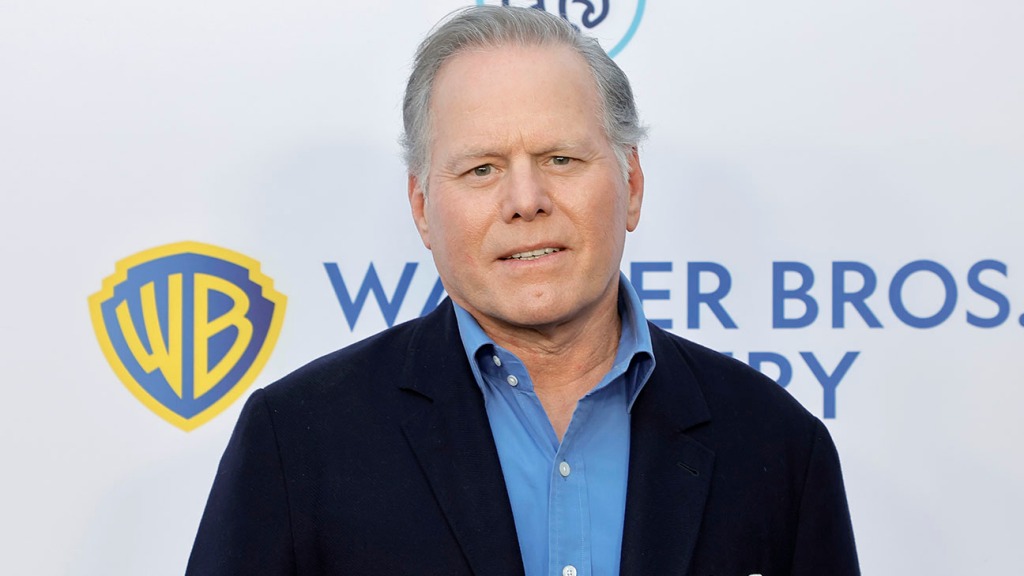
Warner Bros. Discovery is taking a bigger writeoff on content and development than it initially anticipated.
In a securities filing Wednesday, WBD said that it now expects to take writeoffs and impairments related to content and development costs of $2.8 billion to $3.5 billion, up from $2 billion to $2.5 billion as initially projected in October. That reflects an additional charge of $800 million to $1 billion.
WBD now says its total restructuring and impairment charges related to the WarnerMedia-Discovery merger will be between $4.1 billion and $5.3 billion, reflecting the higher content writeoffs.
The filing did not detail specifically what the increased impairments were tied to; however, in recent weeks the company has canceled or pulled from its services several titles, including Love Life, Minx, Westworld and The Nevers, while in-development projects like Patty Jenkins’ Wonder Woman 3 were axed as James Gunn and Peter Safran develop a new DC movie universe.
The company said Wednesday that a number of HBO and HBO Max programs will be packaged in a new bundle to be sold to third-party free, ad-supported streaming services. Those shows include Westworld and The Nevers, as well as FBoy Island, Legendary, The Time Traveler’s Wife and Raised by Wolves.
“We are incredibly proud of Westworld and the remarkable work of our cast and crew,” series creators Jonathan Nolan and Lisa Joy said in a statement. “We are excited to have the opportunity to welcome a whole new audience to our show.”
Meanwhile, a number of other shows will come off the HBO Max platform, and the company “is speaking with the studio partners about opportunities to further expand the reach of the shows, including but not limited to licensing the series to third party FAST platforms.”
Those shows include The Gordita Chronicles, Love Life, Minx and Made for Love.
The company says that its restructuring cost estimates are not changing at this time, though as it said in October, those numbers could be adjusted as the company digs into the details.
Since completing the merger in the spring, WBD has been aggressively looking to cut costs, both through restructuring, operational savings (like combining its physical footprint and condensing the number of contractors and third-party software providers it uses), as well as in content writeoffs.
The company is able to receive a tax benefit on the writedowns, though in some cases it could opt to re-sell some content elsewhere, depending on the status of the project.

